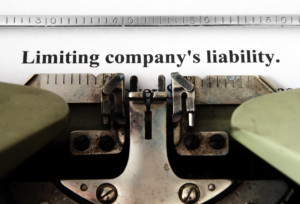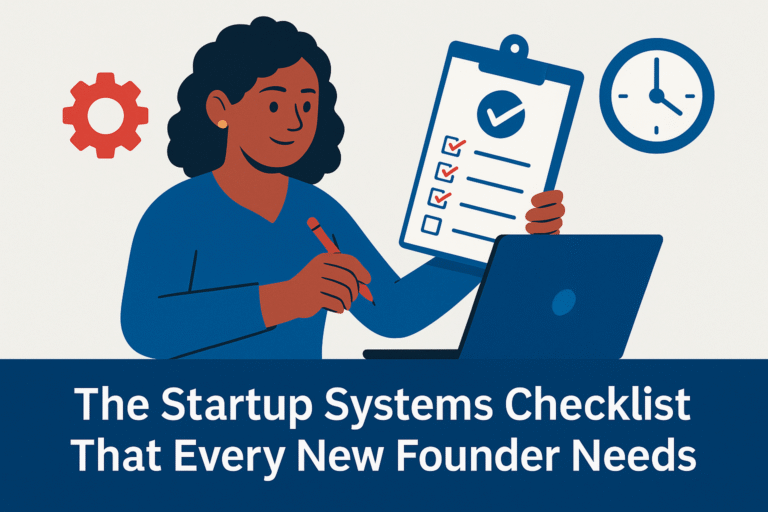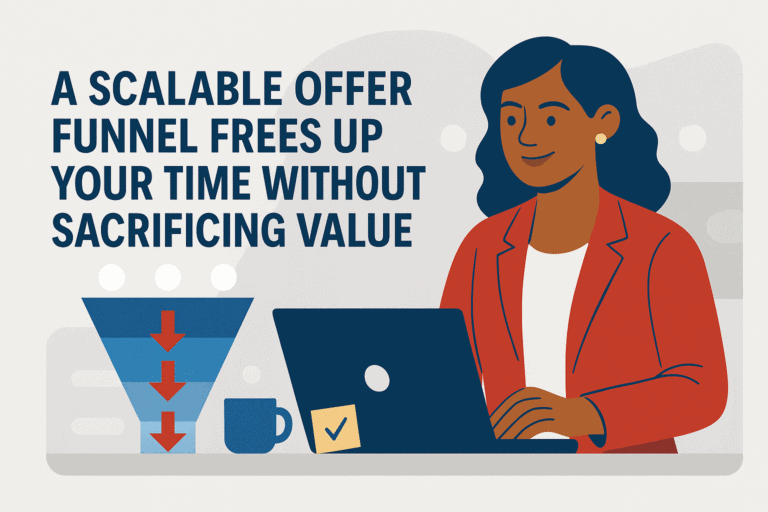[fusion_builder_container hundred_percent=”yes” overflow=”visible”][fusion_builder_row][fusion_builder_column type=”1_1″ layout=”1_1″ background_position=”left top” background_color=”” border_size=”” border_color=”” border_style=”solid” spacing=”yes” background_image=”” background_repeat=”no-repeat” padding=”” margin_top=”0px” margin_bottom=”0px” class=”” id=”” animation_type=”” animation_speed=”0.3″ animation_direction=”left” hide_on_mobile=”no” center_content=”no” min_height=”none” last=”no” hover_type=”none” link=”” border_position=”all”][fusion_text]
Questions to Ask before You Buy a Business

Management & Transition
22) What are and have been your biggest challenges with this business?
Oftentimes, success comes down to preparedness. The business is going to have challenges. All businesses do. Knowing what those challenges are before you hop on board can help you overcome them. Additionally, history is important. The same challenges the seller had starting up may end up being your challenges also. You may be acquiring an established business, but you will be the new owner. Take time to learn from the seller’s past experiences.
23) How are your business procedures documented?

24) What skills or qualities do you think we’ll need to run the business successfully?
The seller has been there, done that. It’s likely, particularly if the seller was hands on, that s/he knows his customers and vendors well. S/he knows what’s worked well and what hasn’t. So, take advantage of the knowledge and expertise about to walk out the door.
25) Will the website and other social media accounts be included with the transfer of ownership?

26) Will the service numbers be included with the transfer of ownership?
Not obtaining the number listed for the current business can have an abundance of negative ramifications. It takes time for business numbers to update online, and even longer for items like phonebooks. Repeat customers may have the business number jotted down and not even bother looking up the business number.
27) What type of marketing and advertising do you use?

28) How is your company different from the competitors?
This is a big one. I love going to home shows. Without fail, I get at least one presenter who tells me his products or services are no different from Joe Blow two booths down. It makes me wonder why the guy even bothered coming to the home show. If the company you’re thinking about buying has nothing unique to offer, no competitive advantage, there may be very little reason for customers to return with repeat business. Understanding what makes the company you’re thinking of purchasing stand out is imperative to your marketing plan.
Legal
29) What is the business structure?

30) Are you selling just the assets or also the business entity?
If you’re purchasing the entity (LLC or Corporation), rather than just the assets, you purchase the debt, liabilities, and other issues that come with the company. Work through the details with the seller so you know exactly what you’re purchasing. And do your research. You’ll want to go through the UCC, do liens searches (Federal, State, and County), and look into tax records (Federal and State).
31) Do you or your company have any past or pending lawsuits?
Along those lines, you’ll want to know if you’re walking into any legal issues. Here, you’ll be able to search public records for a lot of the information. However, also find out if there are any lawsuits waiting in the shadows. Keep in mind, the seller’s intent is to sell, so may not be forthcoming. As such, you’ll want to make sure you get his/her declarations in writing, so they don’t creep up to haunt you later.
32) What licenses will we need to continue to operate the business?

Seller
33) Will the seller be willing to sign a non-compete clause?
This goes back to customer loyalty. It’s all well and good the seller is willing to let you purchase the business. However, if he’s continuing to open up a new shop doing the same thing, his/her customers might follow, turning your established company into just a name with no business. A non-compete clause can offer you some protection against that situation.
34) How long have you had the business for sale?
Knowing how long the business has been for sale helps in several ways. 1) It may provide you with some negotiating leverage. A business that’s not moving, might mean the seller is willing to come down on price to get it off his or her hands. 2) A business that’s been on the market for awhile might also indicate there are some problems, keeping it from selling. You may want to investigate why a business has been on the market for an extended period of time. 3) If the market is hot and the business was posted recently or the business seems like an attractive investment, it might urge you to move quickly before someone else pounces on it. Still, don’t let urgency prevent you from doing proper research.
35) If you don’t sell, what are your contingency plans?

36) Are you entertaining any other offers?
Yet more possible leverage. If there are no offers, particularly if the business has been on the market for some time, you might have room to negotiate. The seller may have even received a lowball offer, which might indicate the business isn’t worth nearly as much as the asking price or even shake his/her confidence in the asking price. On the other hand, if you’re competing against multiple bidders, you’ll need to determine how much you want the business and even your bottom line.
Final Thoughts
As I mentioned in the first post, this list isn’t all inclusive. There are hundreds of questions you might ask a seller before you take the plunge. My advice is to not be afraid to ask the tough questions. Because once the transfer is said and done, you’ll find yourself stuck with the answers to all your unasked questions. And you might not be happy about what you learn.
What other questions would you ask before buying a business?[/fusion_text][/fusion_builder_column][fusion_builder_column type=”1_1″ layout=”1_1″ background_position=”left top” background_color=”” border_size=”” border_color=”” border_style=”solid” spacing=”yes” background_image=”” background_repeat=”no-repeat” padding=”” margin_top=”0px” margin_bottom=”0px” class=”” id=”” animation_type=”” animation_speed=”0.3″ animation_direction=”left” hide_on_mobile=”no” center_content=”no” min_height=”none” last=”no” hover_type=”none” link=”” border_position=”all”][fusion_tagline_box shadow=”no” shadowopacity=”0.7″ border=”1px” highlightposition=”top” content_alignment=”left” link=”https://backboneamerica.com/work-with-me” linktarget=”_self” button=”Book your free session” title=”Buy your business with your eyes wide open” description=”Let me help you work through the process” animation_type=”0″ animation_direction=”down” animation_speed=”0.1″ /][fusion_text][fusion_separator style_type=”shadow” hide_on_mobile=”small-visibility,medium-visibility,large-visibility” class=”” id=”” sep_color=”” top_margin=”” bottom_margin=”” border_size=”” icon=”” icon_circle=”” icon_circle_color=”” width=”” alignment=”center”][/fusion_separator]







